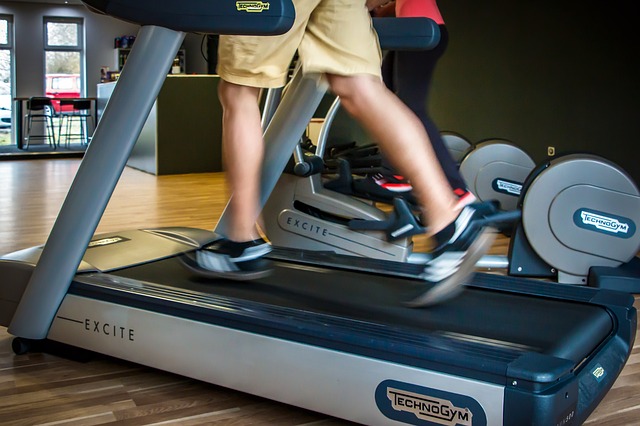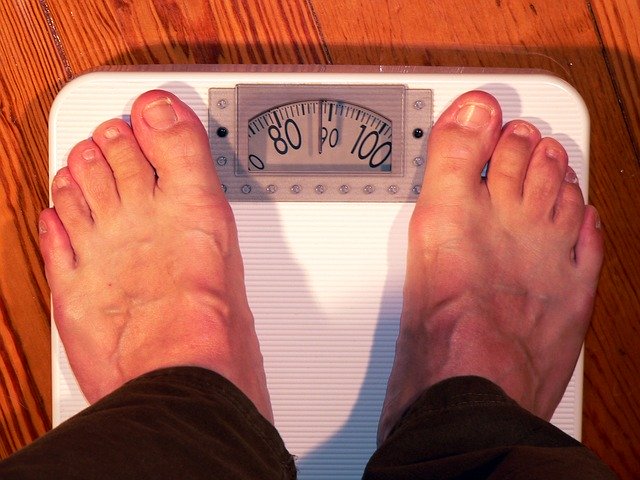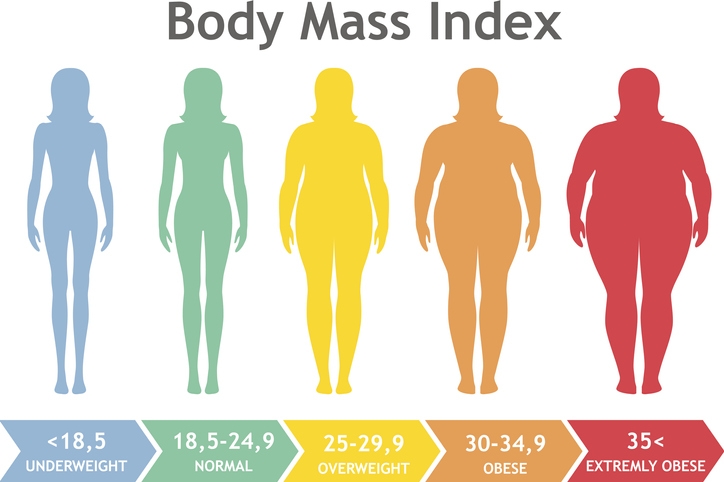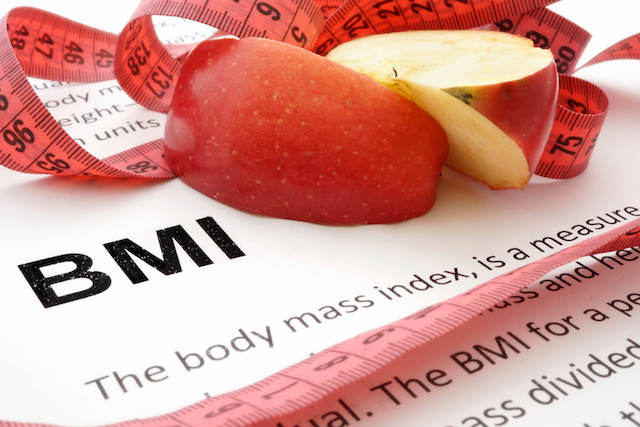Exercise Routines for Obesity
Adults who engage in regular physical exercise are healthier and at a much lower risk of developing chronic diseases, such as heart disease and diabetes. However, if you are overweight or obese and have never done so, starting an exercise program, and sticking with it, can be challenging.
What are the best exercises? How long should I exercise daily? If I’m obese, can exercise be dangerous for me? Read on to learn more about how to create an exercise routine that works for you and your lifestyle. For best results, speak to your doctor before beginning a new exercise routine.
How Much Exercise Do You Need Each Week?
According to the American Heart Association, adults should get at least 150 minutes of moderate exercise each week. So, over a period of five days, you should exercise about 30 minutes per day. While this may seem like a lot for someone who is not used to exercising at all, once you make exercise a habit, setting aside a half hour is more manageable than you think.
Making exercise into a routine is a process, not something you must jump into right away. If you are an overweight exercise novice, you do not need to start exercising 30 minutes each day immediately. You can begin with a more manageable time, such as 10 minutes per day, and incorporate it into your daily schedule. After a couple weeks of 10-minute routines, work your way up to 15-minute routines, then to 20-minute routines, up until you reach 30 minutes. You can also divide your daily exercise into two chunks, with 15 minutes in the morning and 15 minutes later in the day.
Best Exercises for Obese People
The first step towards a regular exercise habit is building stamina and finding some physical activities you enjoy. Any kind of physical activity counts as exercise – you don’t need to join an expensive gym or launch into a hardcore boot camp. In fact, doing so can lower your chances of maintaining a regular routine and make exercise feel challenging.
If you are just starting on your fitness journey, begin with these light, easy exercises:
- Going on regular walks around your neighborhood, walking to school or work instead of driving, or just walking around your home can be an effective and easy lifestyle change. Walking is also low-impact and easy to accomplish, lowering risk for sports injuries.
- If you have access to a community gym or complex pool, start using it. Swimming is a fun and an effective form of exercise. In addition, water helps support body weight, which decreases the exercise’s impact on your joints. Consider signing up for swim lessons, doing laps, or joining a water aerobics class at your local community center.
- Stationary bikes. If you have access to a gym with stationary bikes, these machines provide a great, low-impact way of working out your legs and abdomen that you can control at your own pace.
Once you begin your exercise, you will probably find that you enjoy it. This is because as we start to exercise, our bodies release endorphins and other chemicals that give us pleasant feelings of well-being. This is why exercise is good for easing stress and may help some who experience depression. You may also discover a newfound sense of pride after establishing an exercise routine. And why wouldn’t you? This is an important step towards a healthier life. You should feel proud!
Fitness Is a Lifelong Journey
Be sure that you begin your exercise routine for the right reasons, and that you have realistic expectations. Exercise is an excellent fitness tool and developing an exercise routine can tone muscles, increase strength, stamina, fitness level, and overall health. But remember, results won’t come immediately. They will take time.
Understand that exercise is not the best weight loss tool. It is vital to the success of a weight loss program, but exercise alone won’t restore an obese person to normal weight. The calories burned during a 30-minute exercise interval are minimal–averaging between 100-400, depending on the activity and the exerciser’s weight. To lose weight, one must decrease calories consumed.
Some people are able to diet their way out of obesity, while other struggle their whole lives with no success. Weight loss surgery is a good option to jumpstart a battle with obesity because it decreases the number of calories that can be consumed. If you struggle with obesity and would like to learn if weight loss surgery can help you, you may want to schedule a consultation with Dr. Preeti Malladi. She is a very highly regarded bariatric and general surgeon who has helped many, many patients successfully beat obesity.







